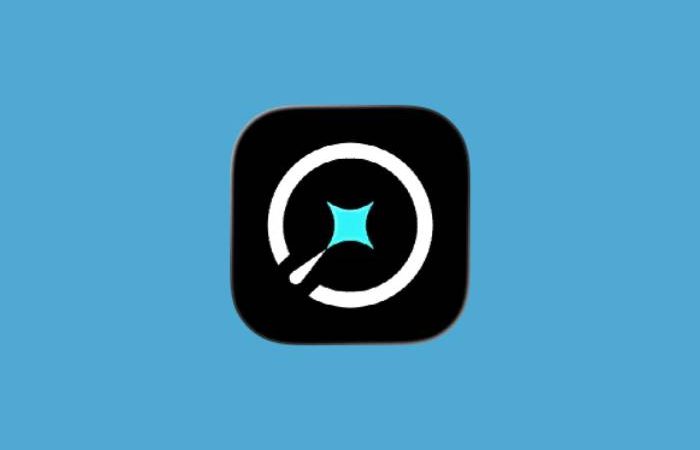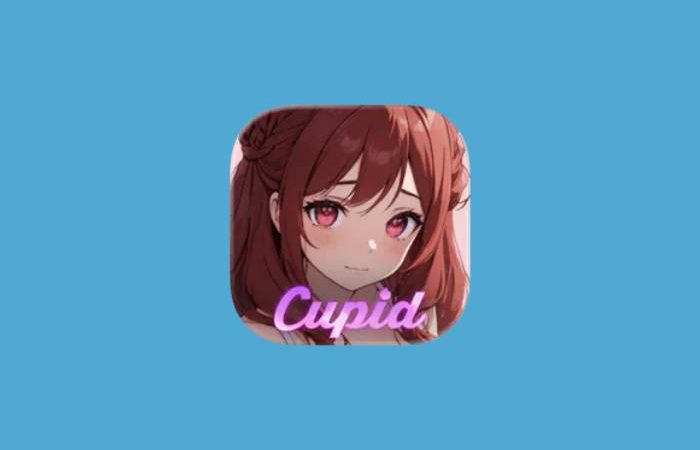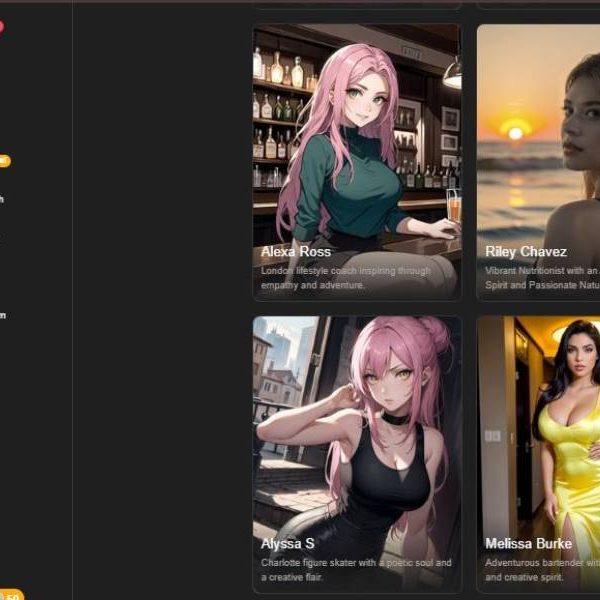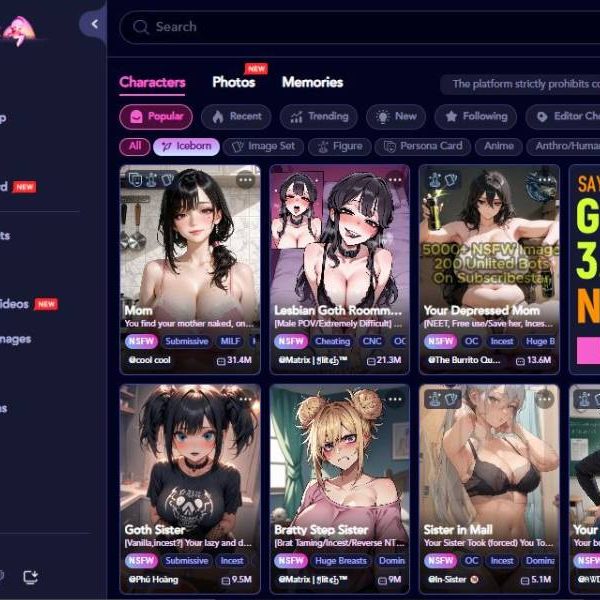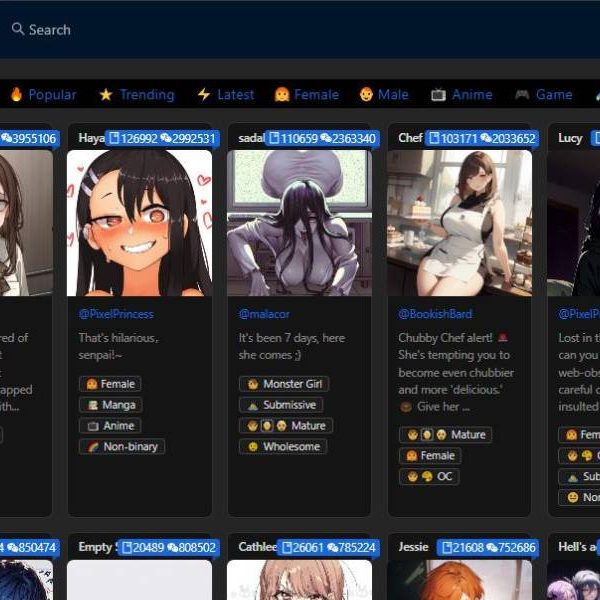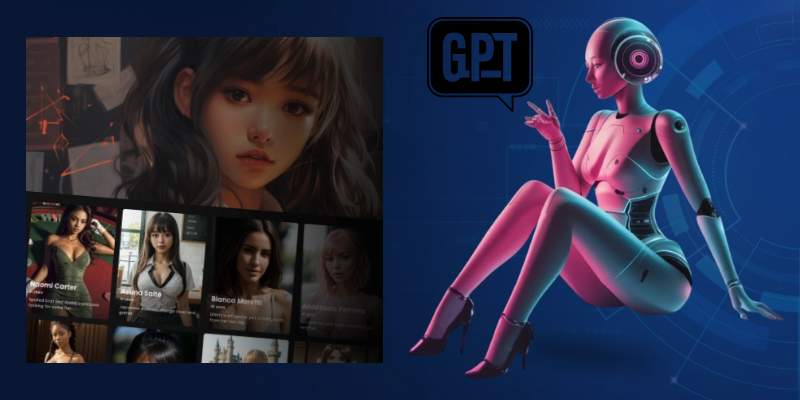
The Future of NSFW Chatbots: Will ChatGPT Alternatives Dominate?
Every few months, there’s a fresh wave of chatter about where chatbots are headed. Some folks want them polished, corporate, and squeaky clean.
Others? They’re craving something raw, unfiltered, maybe even a little risqué. That’s where NSFW ChatGPT alternatives have started sneaking into the spotlight, and it’s raising a question a lot of people are too shy to ask out loud: could they end up dominating the space?
Why People Are Seeking “Uncensored” Companions
Let’s be real—human curiosity doesn’t always play by PG-13 rules. When mainstream AI platforms clamp down on certain topics, users don’t stop wanting them. They just go looking elsewhere.
These alternatives step in with fewer restrictions, offering more freedom to explore fantasy, intimacy, and taboo topics without hitting the dreaded “I can’t help with that” wall.
It’s not just about shock value; it’s about freedom of expression in digital spaces.
The Double-Edged Sword of Openness
But here’s where it gets messy. With fewer rules, you get more creative freedom, yes, but you also run into risks—misuse, overreliance, or content that veers into uncomfortable territory.
I’ve seen people fall head-over-heels into these bots, almost forgetting they’re talking to a program. That emotional blur can be equal parts fascinating and dangerous.
Personally, I think the real challenge isn’t whether these tools should exist—it’s whether users can handle them responsibly.
Innovation Often Starts on the Fringe
Think about it: a lot of tech revolutions began with things that were frowned upon. Social media was once dismissed as a playground for bored teens.
Online dating carried stigma for years. Even podcasts were treated like niche hobbies before they exploded.
In the same way, NSFW ChatGPT alternatives might look like a side-show now, but they’re testing boundaries that could shape mainstream AI down the line.
What About Human Connection?
Here’s where I get conflicted. On one hand, these chatbots can give people comfort, practice, or just a safe place to vent.
On the other, they can never fully replace the warmth of an actual person—the quirks, the empathy, the tiny imperfections that make us human.
If someone leans too hard on a bot for companionship, I worry it might dull their appetite for the messy, unpredictable beauty of real relationships.
And yet, I can’t deny there’s value in having that digital “someone” to talk to when life feels too heavy.
The Road Ahead
Will these alternatives dominate? My gut says they’ll carve out a massive niche, maybe even bigger than most people expect.
They’re not going to kill off mainstream AI, but they will force it to evolve. Companies will either have to acknowledge that people want more freedom—or risk losing those users to platforms willing to give it.
In a way, it’s less about one winning over the other, and more about the whole ecosystem shifting toward choice.
My Two Cents
If you ask me, the future belongs to balance. People don’t just want squeaky-clean bots, and they don’t just want uncensored ones either.
They want options—different tools for different moods, needs, and contexts. That’s why I think NSFW ChatGPT alternatives aren’t just a fad.
They’re a mirror reflecting what people have been too shy to admit: sometimes, we want AI to be less of a teacher and more of a companion, flaws and all.





